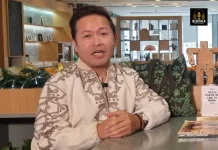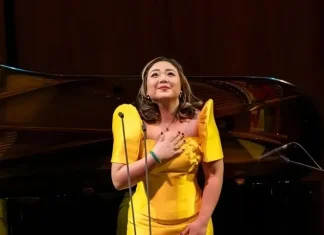
Sports, entertainment, tourist, and religious events are now allowed to resume under the more relaxed Modified General Community Quarantine (MGCQ) that is enforced in the majority of areas in the Philippines.
The Inter-Agency Task Force on Emerging Infectious Diseases (IATF-EID) on Thursday announced the amended guidelines for the resumption of mass gatherings that were previously disallowed by the community quarantine following health protocols amid the coronavirus disease pandemic.
After over two months of Enhanced Community Quarantine (ECQ), Metro Manila, Calabarzon, Central Luzon, Cagayan Valley, Pangasinan, Central Visayas, Davao City, and Zamboanga City have shifted to general community quarantine (GCQ) from June 1 to June 15, 2020, and are afterward expected to shift to MGCQ.
The following are the IATF guidelines for MGCQ announced on June 4, 2020:
- mass gatherings for religious services and work conferences are allowed but only within 50% of the seating capacity of the venue
- movie screenings, concerts, sporting events, and other entertainment activities are also allowed provided that participants shall be limited to 50% of the seating or venue capacity
- hotel and other accommodation establishments issued the Department of Tourism certificate of authority may also operate
- limited face-to-face or in-person classes may be conducted in Higher Education Institutions (HEIs) provided there is strict compliance with minimum public health standards, consultation with local government units, and compliance with guidelines set by the CHED
- elderly and those 21 years old and below are still required to stay home unless for essential movement outside the home
- other members of the household are only allowed to leave home to access essential goods and services and for work
The Philippines’ Catholic Church had previously released guidelines for church gatherings following health protocols.
People leaving their residences in areas under any form of community quarantine are required to wear protective equipment such as face masks. Various face masks for public use have been developed and promoted such as the Philippine abaca face mask, DOST-PTRI cloth face masks, and the University of the Philippines DIY face mask designs.
TELL US in the comments below, what are your experiences under the community quarantine to stop the spread of COVID 19?
Want to know how to be a Proud Pinoy? Like, Follow, Subscribe to GoodNewsPilipinas.com, and our socials Facebook, Twitter, Instagram, Good News Pilipinas! TV on YouTube, for new story notifications, and e-mail newsletters for updates on more Filipino Pride stories.










